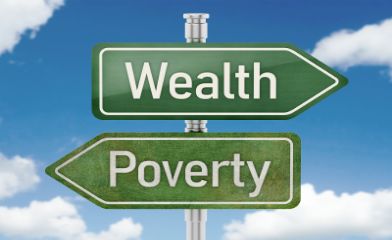In a deeply personal essay for Vox, Lynnette Khalfani-Cox, The Money Coach, shares her own experiences growing up in a family that faced economic hardships. Her article delves into the concept of the “black tax,” a term that describes the financial burden placed on Black families due to systemic inequalities and racial wealth disparities. This “black tax” is not just a theoretical concept; it is a lived reality that affects many Black families, including Khalfani-Cox’s own.
Khalfani-Cox’s essay is a poignant reflection on her upbringing, including her mother’s struggles as a single parent, their reliance on food stamps, and even periods of homelessness. The essay also touches on more recent challenges, such as when her mother, to avoid higher utility bills, endured a chilly home rather than turning up the heat. This personal anecdote illustrates the ongoing impact of financial constraints, a common aspect of the “black tax” that many Black families face.
The “black tax” manifests in various ways, from higher costs for basic necessities to limited access to financial resources. It not only affects individual financial stability but also perpetuates racial wealth inequality. To read more about Khalfani-Cox’s personal journey and the broader implications of the “black tax,” visit the full article here. Understanding this concept is crucial for addressing the racial wealth gap and promoting financial equity.






